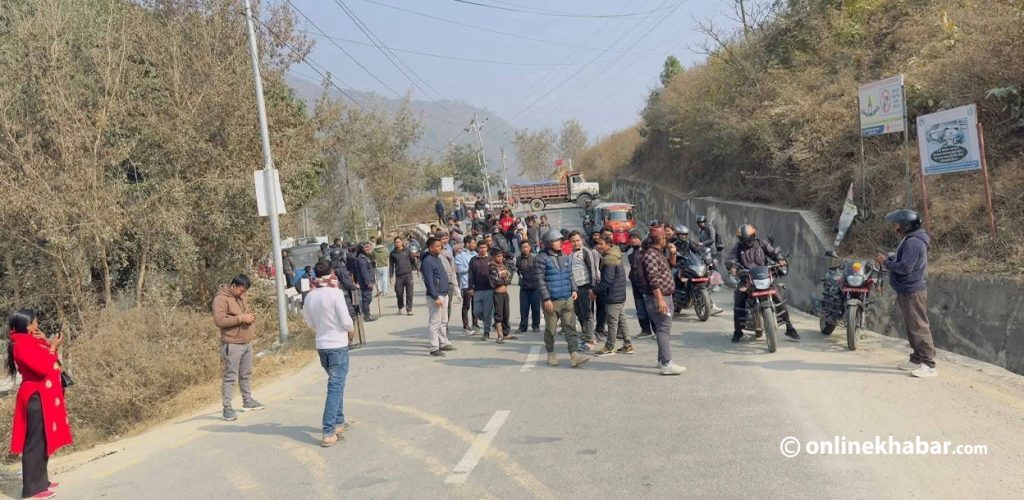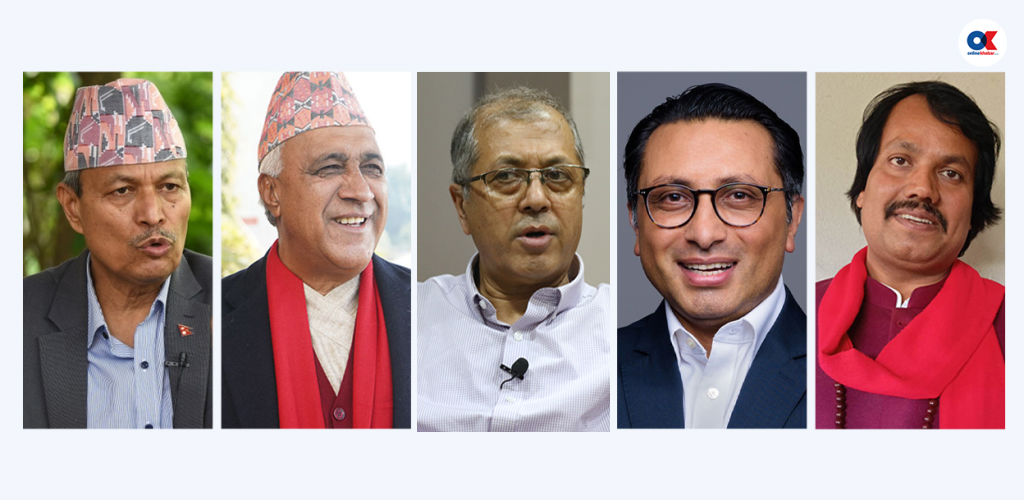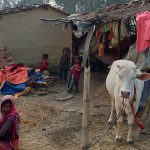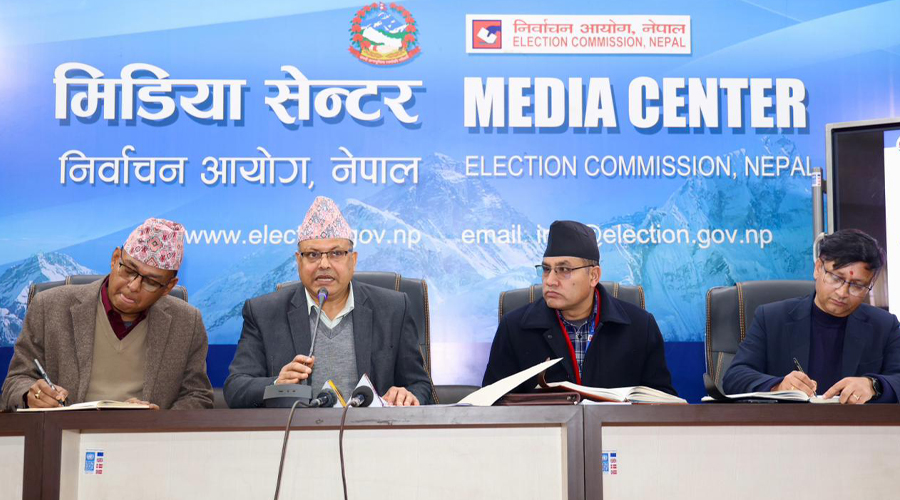A decade after the formal end of the 10-year-long Maoist insurgency in Nepal, two government commissions are now receiving complaints for crimes committed during the conflict.
The Truth and Reconciliation Commission and the Commission on the Disappeared have received complaints related to heinous crimes such as mass homicide and gang rape. As of last Friday, 40,000 complaints have been registered at the truth commission alone. Plaints received so far have named high officials, including former prime ministers Sher Bahadur Deuba, Lokendra Bahadur Chand, Surya Bahadur Thapa and Prachanda, and former king. Prime Minister KP Oli, who was Home Minister in the UML minority government, is also on the list.
So will action be taken against these hi-profile officials? This is a question everyone wants answered. Onlinekhbar talked to a highly-placed source at the Truth and Reconciliation Commission to try to seek answers.
What kind of crimes will be punished?
During the ‘war’, both the parties were clear on what they wanted. The Maoist side’s stated goal was to destroy existing structures to make way for new ones. The party was a rebel force. Similarly, it is an international practice that whenever there is a rebellion, the government will deploy its forces to crush it.
Although the government has refused to term the conflict as ‘People’s War’, it has already done so in practice. When the interim legislature was formed under the Interim Constitution, Maoist leaders were given parliamentary berths without contesting any election. This is akin to accepting that the conflict was indeed a war, the source claims.
What will Prachanda and Baburam do?
When BP Koirala returned to Nepal during the Panchayat days, he was brought before the Special Court. Koirala had said that although he was not directly involved in the uprising, he would take moral responsibility for what had happened. Prachanda and Baburam are likely to follow in BP’s footsteps.
According to a source, the commission will not look into the level of damage each side suffered during an incident. It will also not look into skirmishes between the army and the rebels.
It will only look into cases where rules of war have been violated, and human rights disrespected. This includes cases of rape — a ‘weapon’ not permissible in warfare.
How will cases of rape committed in villages be dealt with?
The commission has collected facts for some of the cases. According to a source, the commission will look into details such as the name of the commander of the force. If a woman was violated in the village, the person directing field operations from the barracks is not liable for punishment. The commission would presume that the commander would not have ordered his men to go into the village and violate a particular woman.
However, the commander, who was in the field with his team, could be liable for punishment as he failed to maintain discipline among the ranks.
If woman was raped in custody?
According to the source, the case would be a bit more complicated. Torturing someone in custody is in itself a violation of human rights. The barracks chief would be liable for punishment. More people would be implicated in cases of violation within the barracks.
What are the grave crimes for which there shall be no clemency?
According to the source, homicide, abduction, rape and sexual assault constitute grave crimes. There shall be no reconciliation for people implicated in these cases.
Will Prachanda be implicated in Bandarmudhe incident?
Although people are still angry at Prachanda over the incident, the commission is yet to find out if Prachanda was directly involved in the incident.
Anyone, who claims to be a victim, needs to present evidence, and without evidence no once can be tried or convicted. Prachanda can only be implicated if he had given direct orders to blow up the bus.
Will Deuba be implicated?
Deuba was Prime Minister when the state of emergency was declared in Nepal. But as head of government, he may not have been directly involved in ordering the security forces to shoot. That is the field commander’s job.
But he could be accused of trying to cover up incidents of human rights abuse. However, even if he is found guilty, he is not liable for punishment that could come anywhere near to that for those convicted in grave abuse cases.
Representational Photos. (Stills from Kalo Pothi, Shooney Films)

























